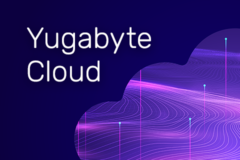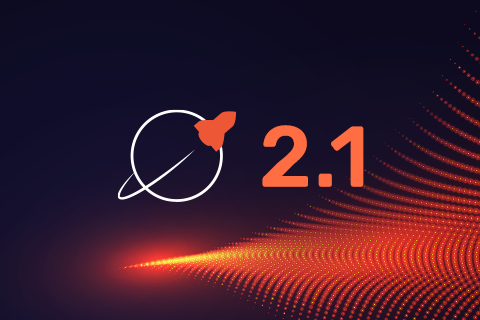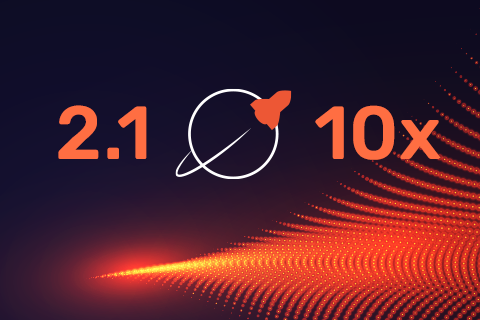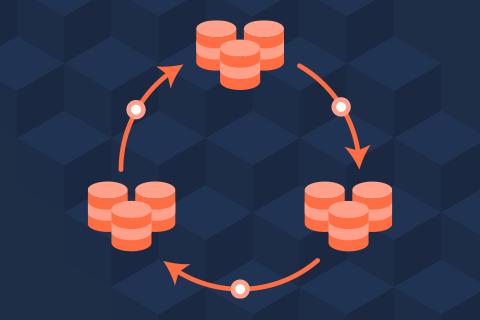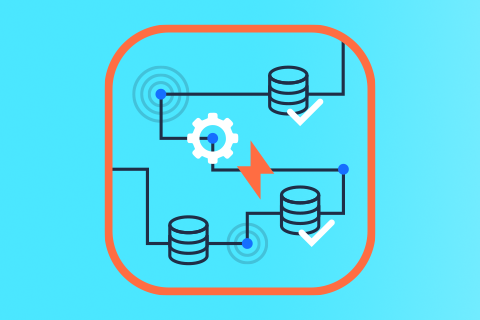Getting Started with Distributed SQL on YugabyteDB Managed
With the release of YugabyteDB 2.1 earlier this week, we introduced many exciting new features: performance optimizations, 2DC and read replica support, and more. We also announced that YugabyteDB Managed (formerly Yugabyte Cloud) is now officially in Beta! In this blog post we’ll show you how to quickly get up and running with a YugabyteDB cluster on YugabyteDB Managed, build a sample database, and connect to it with JetBrain’s DataGrip database administration tool.
…
